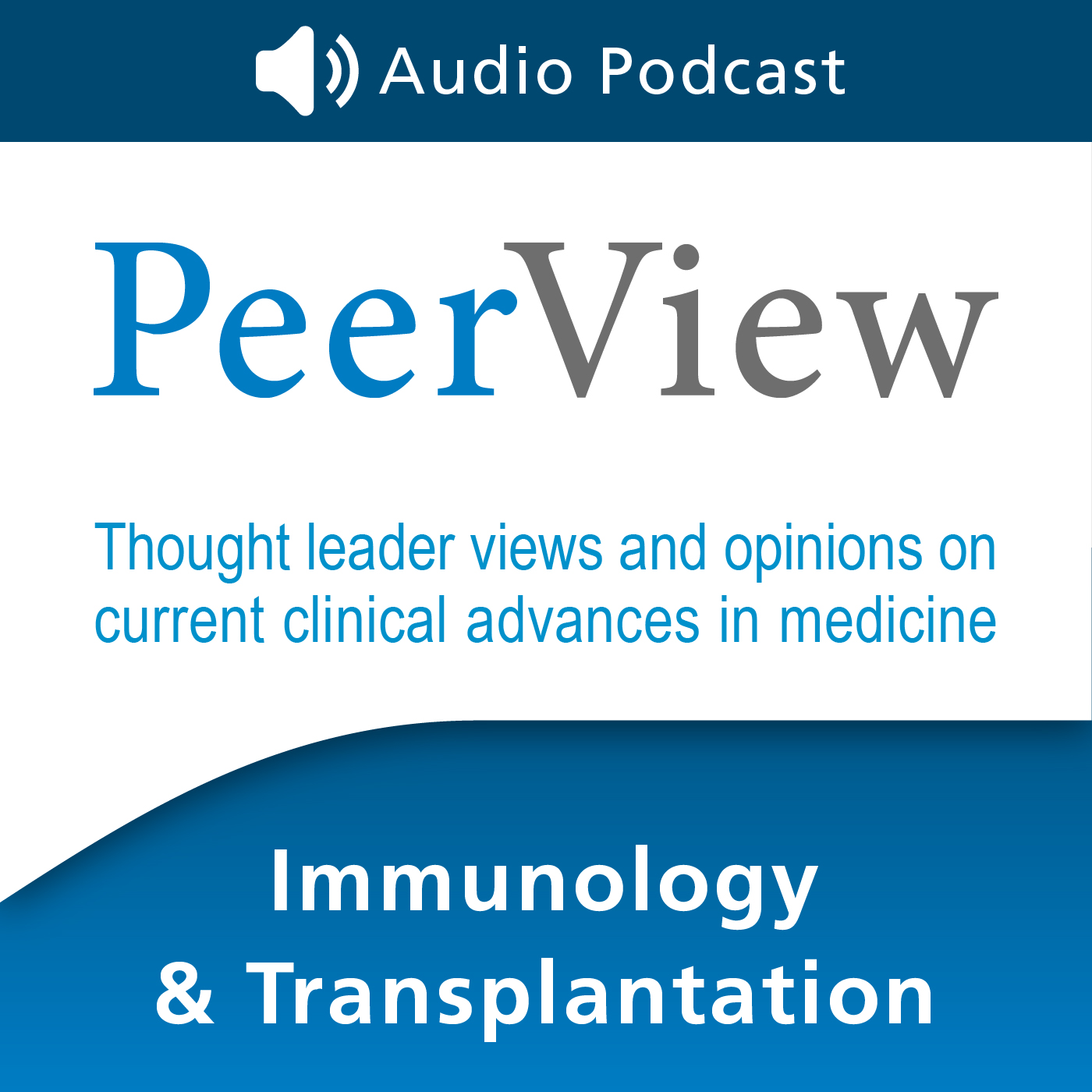- After-Shows
- Alternative
- Animals
- Animation
- Arts
- Astronomy
- Automotive
- Aviation
- Baseball
- Basketball
- Beauty
- Books
- Buddhism
- Business
- Careers
- Chemistry
- Christianity
- Climate
- Comedy
- Commentary
- Courses
- Crafts
- Cricket
- Cryptocurrency
- Culture
- Daily
- Design
- Documentary
- Drama
- Earth
- Education
- Entertainment
- Entrepreneurship
- Family
- Fantasy
- Fashion
- Fiction
- Film
- Fitness
- Food
- Football
- Games
- Garden
- Golf
- Government
- Health
- Hinduism
- History
- Hobbies
- Hockey
- Home
- How-To
- Improv
- Interviews
- Investing
- Islam
- Journals
- Judaism
- Kids
- Language
- Learning
- Leisure
- Life
- Management
- Manga
- Marketing
- Mathematics
- Medicine
- Mental
- Music
- Natural
- Nature
- News
- Non-Profit
- Nutrition
- Parenting
- Performing
- Personal
- Pets
- Philosophy
- Physics
- Places
- Politics
- Relationships
- Religion
- Reviews
- Role-Playing
- Rugby
- Running
- Science
- Self-Improvement
- Sexuality
- Soccer
- Social
- Society
- Spirituality
- Sports
- Stand-Up
- Stories
- Swimming
- TV
- Tabletop
- Technology
- Tennis
- Travel
- True Crime
- Episode-Games
- Visual
- Volleyball
- Weather
- Wilderness
- Wrestling
- Other
Shmuel Shoham, MD / Ghady Haidar, MD - What’s New, and What’s Next? Customizing COVID-19 Prevention Approaches in Transplant Patients to Increase Uptake, Access, and Efficacy
Go online to PeerView.com/ERY860 to view the activity, download slides and practice aids, and complete the post-test to earn credit. Hundreds of thousands of organ transplant recipients living in the United States, who must take immunosuppressive medication, are at an increased risk of COVID-19 infection. Tixagevimab co-packaged with cilgavimab has lost its emergency use authorization as prevention for immunocompromised patients because of its lack of efficacy against newer variants. In the absence of prevention agents (other than vaccines) and because the prevention of COVID-19 is shifting to a more personalized, patient-specific approach, the complexity of clinical decision-making has increased. Additionally, patients may face barriers in obtaining COVID-19 prevention. In this activity, based on a recent live symposium, expert faculty and a patient advocate discuss strategies to improve the uptake of COVID-19 prevention and increase patient and clinician engagement and how to develop a plan to customize COVID-19 prevention at point of care for patients needing prevention. In addition, they look at creating strategies for patients in order to help in overcoming real-time barriers. Upon completion of this activity, participants should be better able to: Improve the uptake of COVID-19 prevention and increase patient and clinician engagement in following science-based evidence; Develop a plan to customize COVID-19 prevention at point of care for patients needing protection against the virus using evidence-based recommendations and guidelines; and Facilitate patient access to needed COVID-19 prevention by creating strategies to overcome real-time barriers.

